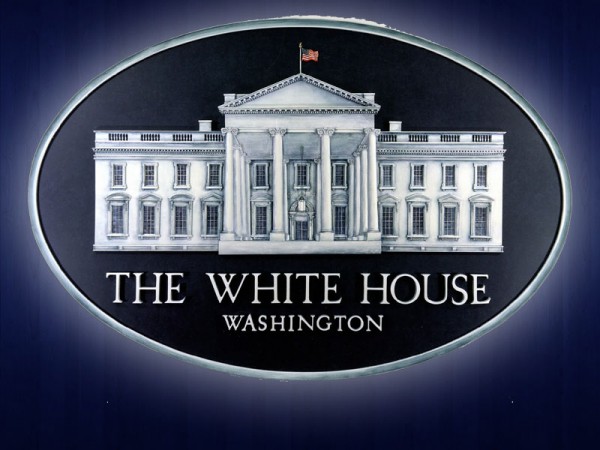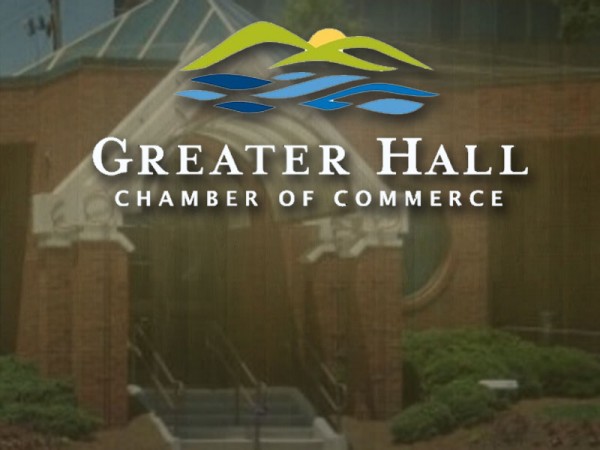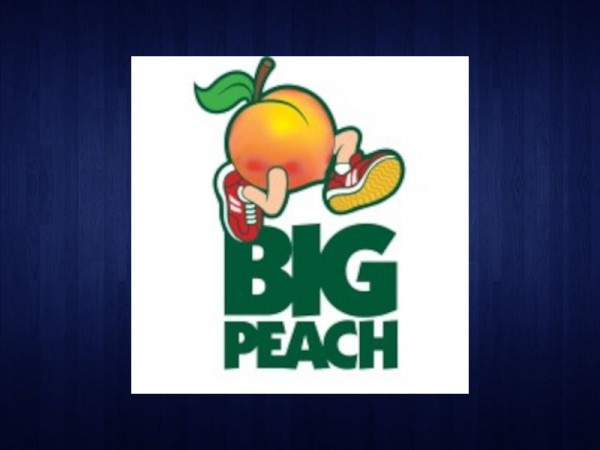WASHINGTON - American Airlines and British Airways walked away from a proposed alliance rather than give up takeoff and landing slots at London's Heathrow Airport.
The decision marks the second time in five years that the two airlines dropped their request to set rates and routes together and sell each other's tickets because federal regulators insisted that they give up the coveted slots as part of the deal.
``We will not do this deal at this price,'' American Chairman Don Carty and British Airways Chief Executive Rod Eddington said in a joint statement. ``We made it clear from the start that we would not conclude the deal if the regulatory price was too high. Regrettably this has proved to be the case."
Transportation Department spokesman Leonardo Alcivar said the airlines' decision means the agency will not act on the carriers' current application for an alliance. The airlines could come back with a new plan, Alcivar said.
The department earlier Friday tentatively agreed to give antitrust immunity for an alliance if the airlines gave away 224 takeoff and landing slots for travel between U.S. cities and London's Heathrow Airport.
Transportation Secretary Norman Y. Mineta said the ruling was based on a Justice Department recommendation. Both the Justice Department and Congress' General Accounting Office had said the proposed American-British Airways alliance could reduce competition and drive up fares.
``The conditions parallel those suggested by the U.S. Department of Justice and are intended to ensure that consumer interests and competition would be protected in the important North Atlantic aviation market,'' Mineta said.
The two airlines also called off a proposed alliance in 1999 rather than give up slots at Heathrow, which the GAO called ``the pre-eminent airport in the United Kingdom.''
``American Airlines and British Airways probably concluded that the status quo was better than the U.S. terms and conditions for the alliance,'' said David Stempler, president of the Air Travelers Association, an advocacy group representing airline passengers.
The Transportation Department's ruling would have allowed four additional U.S. airlines to fly to and from Heathrow - doubling the number of airlines on the coveted routes and significantly increasing the number of flights, especially from the Northeast.
Currently, only four airlines - American, British Airways, United Airlines and Virgin Atlantic - fly between the U.S. airports and Heathrow.
Under the rejected plan, there would have been 6,200 new flights between U.S. cities and Heathrow Airport per year, about 25 percent more than the current 25,000 flights. The new slots would have gone to Continental, Delta, Northwest and US Airways.
``It would make perfect sense that American and British Airways would not want to give up that much of a competitive edge,'' said Dean Headley, associate professor of marketing at Wichita State University and co-author of an annual study on airline quality. ``The airlines don't want to have good healthy competition.''
As part of the deal, the department also tentatively approved a marketing alliance between United Airlines and bmi british midland. The British airline would have to give up slots to allow United to fly roundtrip between Boston and Heathrow.
And the entire deal was contingent on the United States and United Kingdom agreeing to drop restrictions on flights between the two countries. Negotiations on a so-called ``open skies'' agreement, scheduled to resume next week, have been postponed, Alcivar said.
Both Mineta and a spokesman for the United Kingdom's Department of Transport said they wanted to work toward allowing more airlines to fly between the two countries.
``We will continue working with the United Kingdom to achieve our long held mutual objective of open skies,'' Mineta said.
Saturday
July 12th, 2025
1:41AM
















